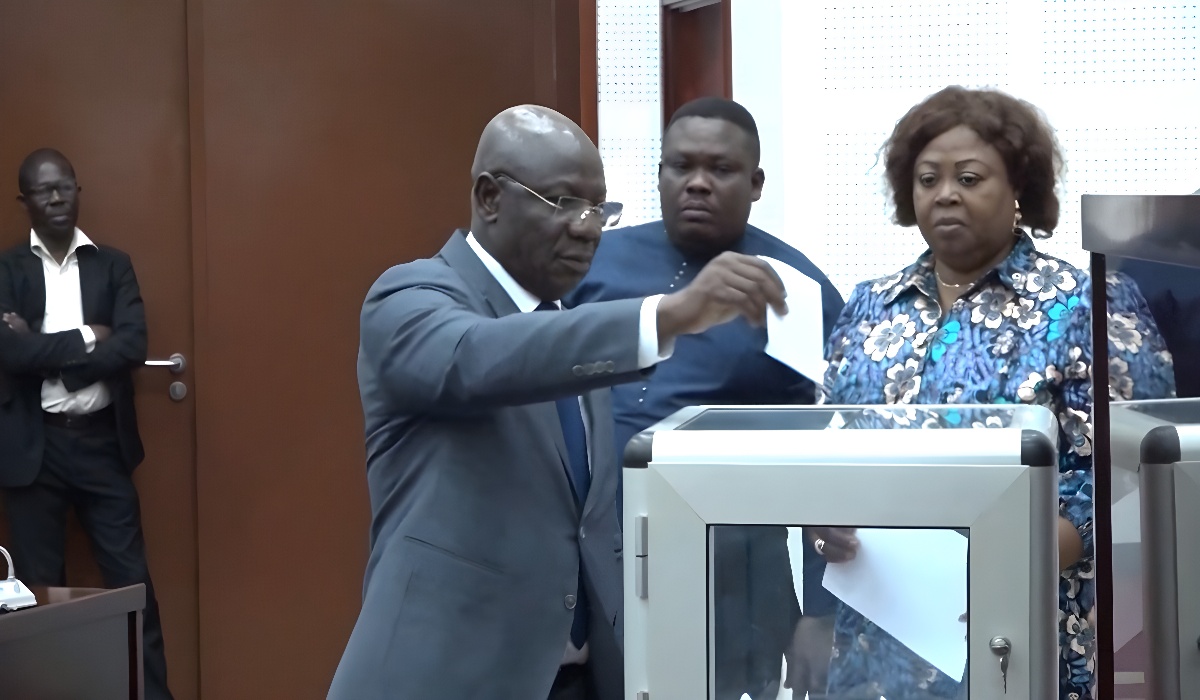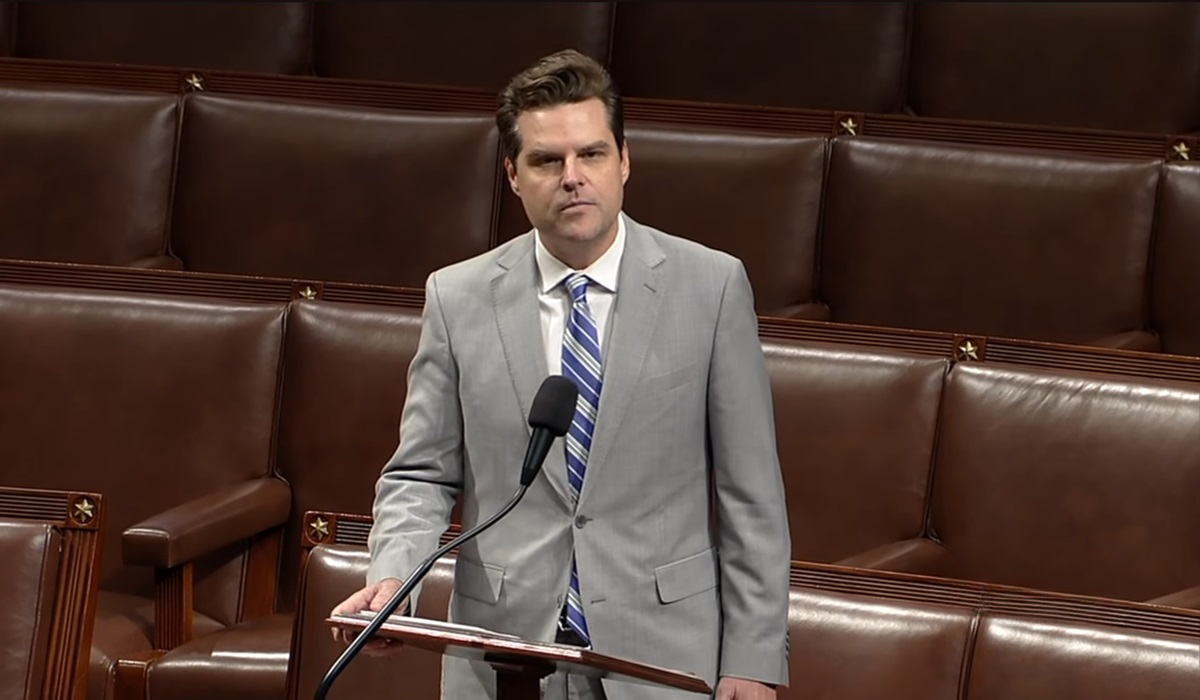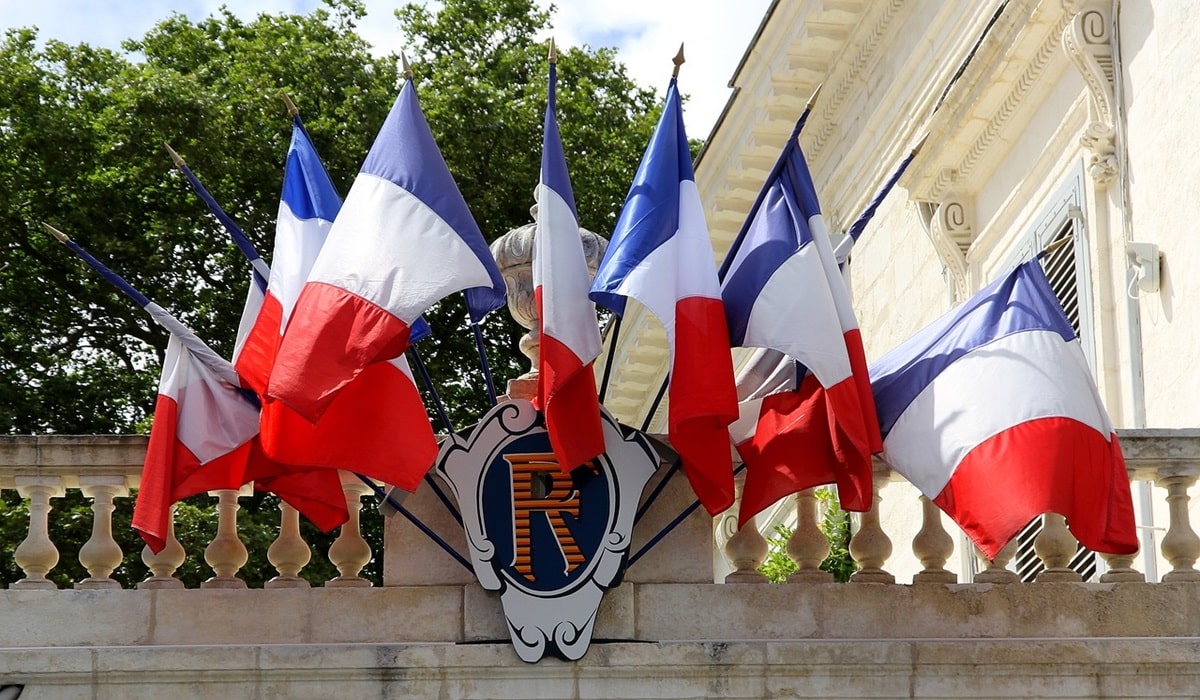Togo Transitions from Presidential to Parliamentary System
- TDS News
- Africa
- Breaking News
- March 30, 2024

In a story first covered by Carolyne Bii, CGTN, a significant move, Togo’s lawmakers have approved a new constitution, effectively shifting the nation’s governance structure from a presidential system to a parliamentary one. Under the new arrangement, the president will no longer be directly elected by the people; instead, the national assembly will have the authority to appoint the head of state for a single six-year term. This development comes just ahead of scheduled legislative elections, although the exact timeline for the implementation of this change remains uncertain.
An electoral victory in Togo traditionally secured a president a five-year term, renewable once. However, with the adoption of the new constitution, the president will now be chosen by the parliament for a fixed six-year tenure.
The decision to alter the constitution was backed by 89 members of parliament, with only one dissenting vote and one absence. Explaining the rationale behind the constitutional overhaul, Yawa Djigbodi Tsegan, Speaker of the Togolese National Assembly, highlighted three primary objectives: to fortify the foundations of a modern democracy, maintain governmental stability, and adapt governance to evolving social and political dynamics.
Togo has been under the dominance of the Gnassingbé family for 57 years. Proponents of the constitutional amendment argue that it will usher in a more democratic era, curbing any potential extension of power by Faure Gnassingbé. However, the opposition voices skepticism, alleging that the move is merely a ploy by Gnassingbé to prolong his rule.
Eric Dupuy, spokesman for the National Alliance for Change, criticized the lack of prior consultation with opposition leaders and the populace regarding the constitutional changes, denouncing the move as a “constitutional coup.”
Meanwhile, lawyer Benoît Kossi Afangbedji highlighted potential benefits of the parliamentary system, such as reduced election costs and enhanced accountability of the executive to the bicameral parliament.
Opinions among the populace remain divided. Some express frustration at the loss of direct participation in presidential elections, emphasizing its significance in the democratic process. Others, like Samuel Aklovui, perceive minimal changes, viewing the new constitution as an indirect means of electing the president.
Despite the approval, uncertainty looms over the implementation timeline, as the constitutional revisions coincide with impending parliamentary elections. This has fueled skepticism among the public, questioning the timing and motives behind the legislative action.
As Togo navigates this pivotal transition, the implications of its new governance structure reverberate across the nation, shaping the future trajectory of its democracy.








